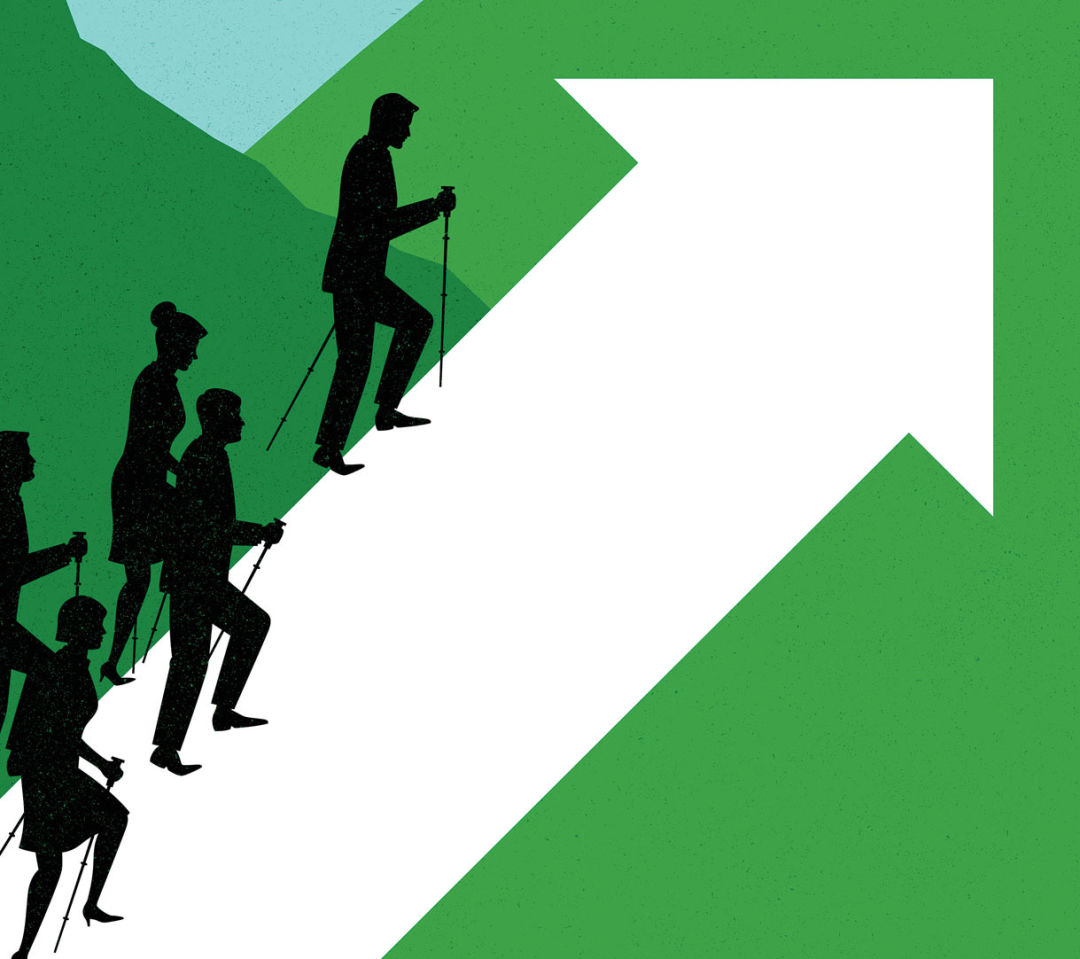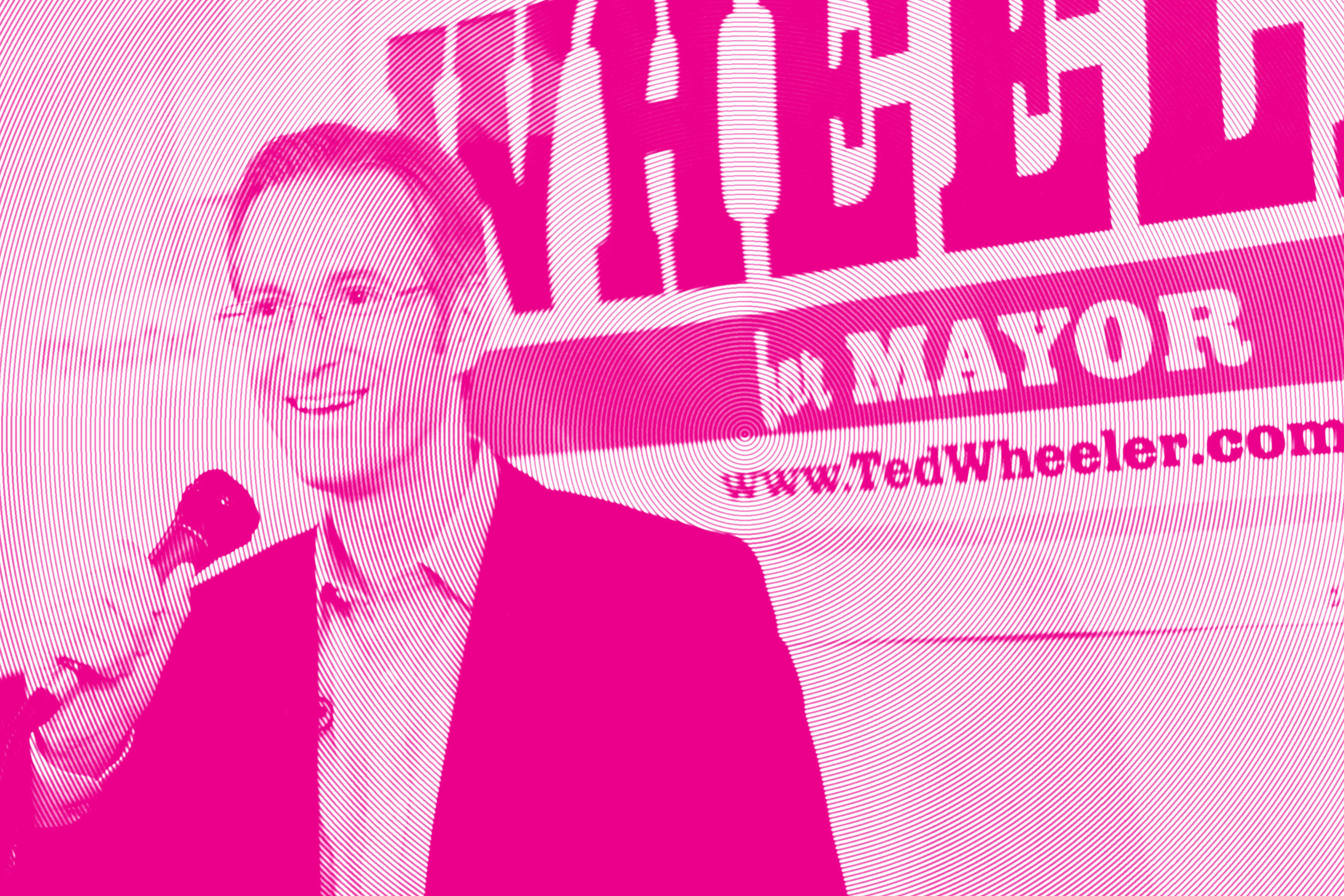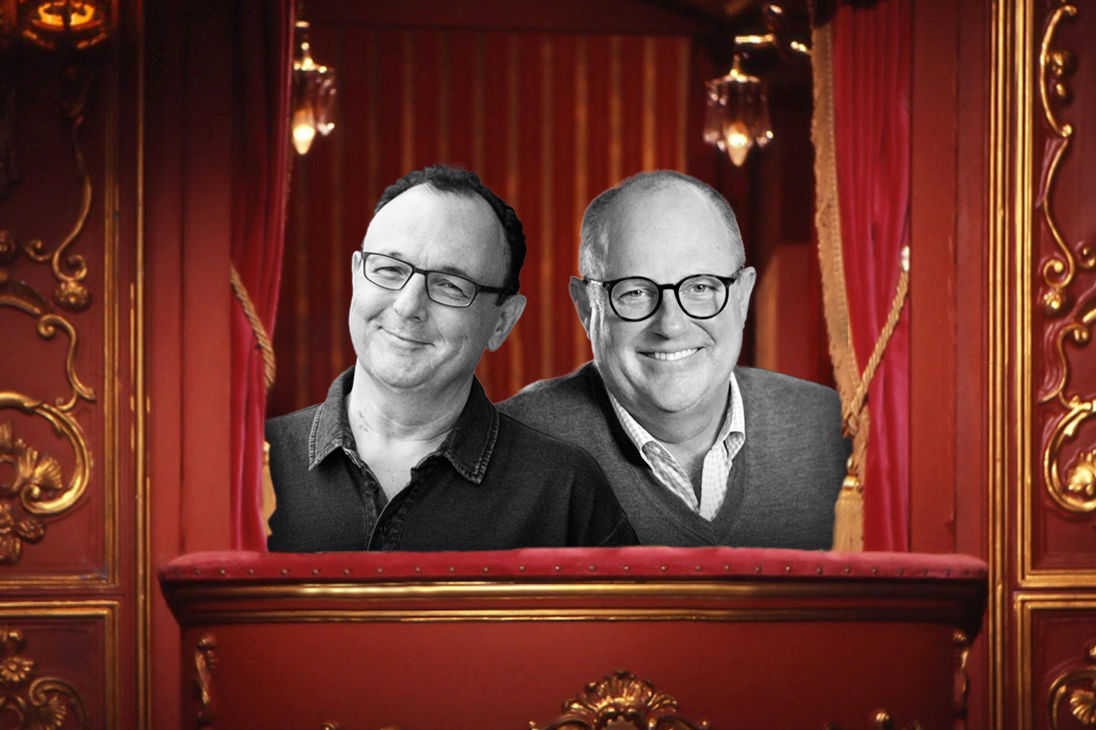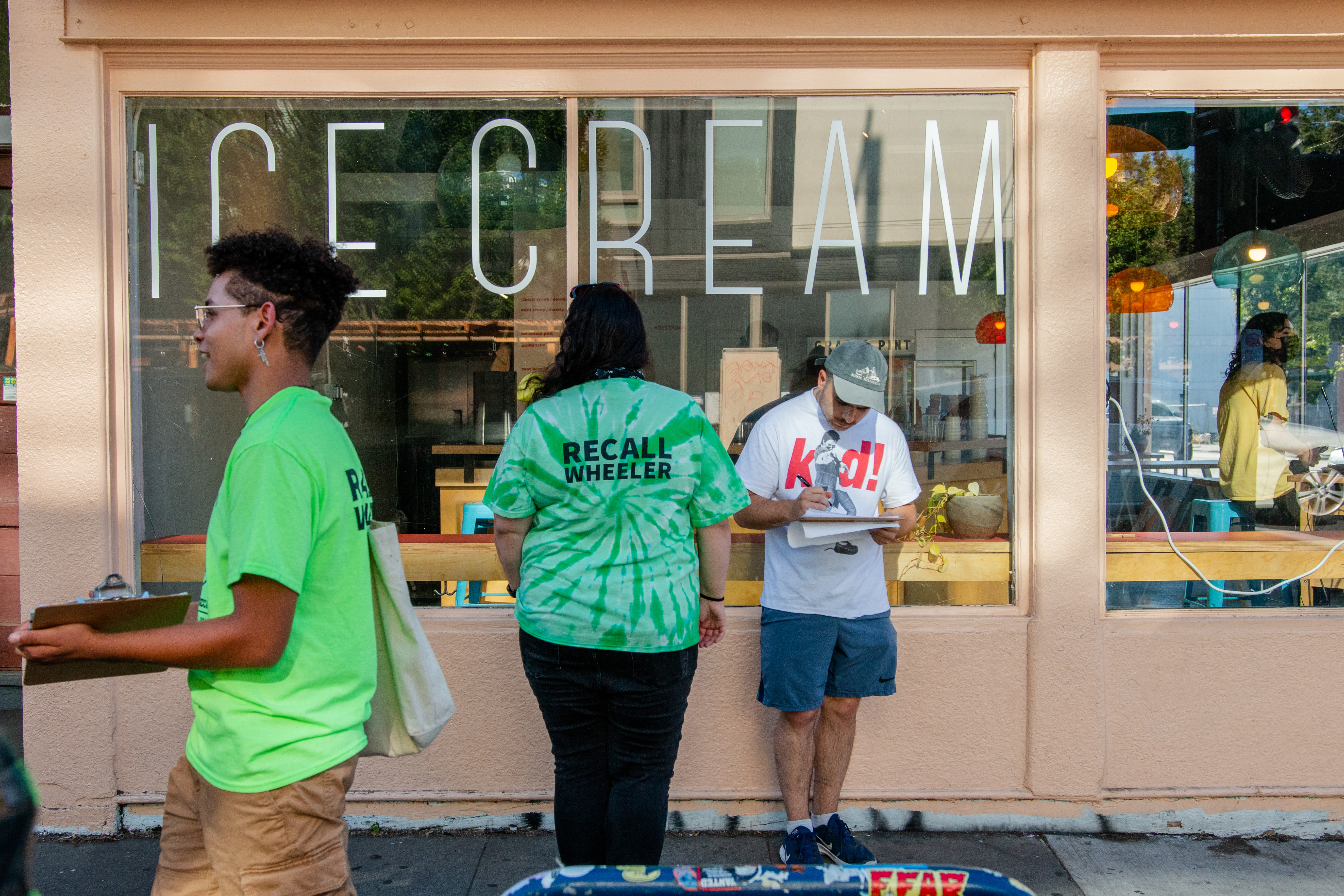Mayor Ted Wheeler Leads Portland Into an Uncertain World

Image: Matt Chase
January is inauguration time, but you knew that. In Portland, a new mayor takes the helm in a city rocked by protests and passion since November’s election. Ted Wheeler—our first Portland-born mayor since the 1940s—comes with an unusually deep perspective on a divided state and nation. The avid mountaineer descends from a timber dynasty with deep ties to rural Oregon. As state treasurer, he won and ran an Oregon-wide office; his previous post as Multnomah County chair immersed him in urban social services.
A week after Election Day, we asked Wheeler about what being Portland’s mayor means now.
How different does this look to you after the presidential election?
What has changed is the reality that urban areas, particularly on the West Coast, must continue to be the stronghold for values that are important to us here. There’s no place in our community for sexism, racism, religious intolerance, or xenophobia. It’s important to me that Portland continues to be a national leader in being a safe community and an open and welcoming community.
It’s early, and it’s hard for me to get my arms around what this election means. But I see a couple things. No. 1, this election didn’t divide us. This election revealed our divisions. It brought to the surface a lot of anxieties people around the nation have about where we are as a country. And for the first time in my lifetime, we’ve seen sexism and racism and anti-immigrant sentiment come to the surface in a very large-scale, overt, open way. The boil has been pierced. It’s all there for all the world to see. And in a sense, that might be a positive thing. We have to own it, we have to acknowledge it, and we have to address it.
As mayor, my job is usually more about filling potholes. But now I feel I have a higher-order responsibility, which includes helping to bring a divided community back together.
One of those divisions the election revealed, as you put it, is between cities like Portland and rural areas. Does Portland have a role in fixing that?
As the state treasurer, I travel around all the time. I’ve heard the frustrations of rural Oregonians for many years, and they’re real. The concerns are wide-ranging, but a lot of them relate to economics. Rural Oregon really has been left behind when it comes to prosperity. We have deep pockets of poverty throughout the state. We have not done a good job of throwing a lifeline to those communities. The formerly prosperous timber communities of Southwest Oregon—they have not been able to reinvent their economies.
There’s a partnership to be had. A lot of things important to us here in Portland—global climate change, the environment, our desire to use more eco-friendly materials in our development—we can develop partnerships in rural Oregon that address those concerns. And as the mayor of Portland, I believe I need to be a regional leader.
I’ll be the mayor of a relatively small city. I won’t have a big national voice. But I can be a leader within Oregon to help bridge that divide, and I’m keen to do it.
Does a new national administration alter Portland’s economic strategies, which are so deeply entwined with encouraging international trade?
It’s too early to tell. But Portland’s economy is well established. International trade between Oregon and the rest of the world, particularly Asia, is going to continue to expand and accelerate. The businesses in our state, whether they’re agricultural, or in manufacturing, like Intel or Nike, or in intellectual property, like green building and architecture, will continue to expand their overseas presence.
And I’m going to continue to cultivate business for Oregon companies. That’s separate from Donald Trump’s talk about trade deals. I’ll leave the trade deals to Washington. I’m going to keep advocating, relentlessly, for Oregon companies to expand both domestically and overseas, and I’ll do whatever I can to help them.
In the first days after the election, we saw protests that tipped over into violence. What conversations have you had, with outgoing Mayor Hales and the police, about how to handle what will likely be a new era of protest?
I don’t want to discourage either protest or assembly—those are bedrock values. The wave of protests we’ve seen is not going to be a short-term trend. I believe this is going to be with us for quite some time. You’re seeing the awakening of a generation which sees that the civil rights movement, the feminist movement, support for new immigrants—these movements have stalled. My job as mayor is to make sure people have the right to protest and assembly, done in a way that doesn’t lead to violence or property damage.
Most of the people this last week assembled peacefully and sought to come together with other people who felt dislocated. A small handful hijacked those opportunities to engage in violence. The challenge for me as the mayor and the police commissioner will be to separate those two. I’m not sure any city has figured out the right combination to accomplish that.
You asked what the conversation is—that’s the conversation. What’s the right formula? How do you protect the rights of those who are assembling peacefully while drawing a hard line against violence and vandalism? So there are many more conversations that need to happen.
Ironically—at least at this moment—the biggest local political issue of the last few years has probably been Portland’s success and appeal: an influx of people to the metro area, and the pressures brought on by that growth. How does that change?
Oh, more people will move here. This election will accelerate the movement of people to Oregon and to Portland. People will wake up all across the country and say, ‘I don’t feel like the community I live in is very welcoming to me or people like me.’ They’ll look for places that are. And I think people will come to Portland, Oregon, and the entire West Coast.
On a purely parochial note, you’ll join city council at the same time as newly elected commissioner Chloe Eudaly, who ran as a progressive outsider. How do you see the dynamic shaping up?
I met with her shortly after she was elected, and we talked about what we’d like to see. While I don’t know her very well, I’m very energized to work with her. We’ve got a lot of work to do, and none of it will be easy. And the public will take it as an assumption that we’re able to work together. And that’s on me, as the mayor, to make sure that happens.




